INSPECTIONS ON JAPANESE FOOD
입력 2019.08.30 (15:04)
수정 2019.08.30 (16:57)
읽어주기 기능은 크롬기반의
브라우저에서만 사용하실 수 있습니다.
[Anchor Lead]
As concerns over radioactive contamination in Japanese seafood continue to rise, the Seoul City government has decided to step up inspections. All Japanese food products imported to Korea will be subject to an intensive one-month crackdown, and the results will be posted on the internet.
[Pkg]
This fish market is where all kinds of fresh seafood are brought for sale every morning. Japanese fisheries such as sea beams and scallops can be easily spotted here. They used to be in high demand thanks to their chewy texture, but since the nuclear disaster in Fukushima, Japan, their sales have plummeted notably.
[Soundbite] KIM CHUN-BEOM(VENDOR AT NORYANGJIN FISH MARKET) : "It's less than half of what it used to be. Since the nuclear disaster in Japan, sales of Japanese products have been on the decline."
Concerns over radiation in Japanese food imports escalated further when some began to point out that contaminated seawater from Fukushima might be discharged into the ocean. The Seoul City government has decided to intensify crackdowns on Japanese food. Conducted by all Seoul City inspection officials, the one-month crackdown will target 160 items imported from Japan including fresh fish and even snacks made with Japanese ingredients.
[Soundbite] PARK KYUNG-OH(SEOUL CITY GOVERNMENT) : "We usually inspect food imports regardless of the country of origin. But this time we will only inspect Japanese imports."
The inspectors will collect Japanese food products available on the market to check thoroughly how much iodine and cesium they contain.
[Soundbite] KIM OK-HEE(SEOUL METROPOLITAN GOVERNMENT RESEARCH INSTITUTE OF PUBLIC HEALTH) : "If even slight amounts of radioactive substances are found, we re-inspect the items in question."
The results of the inspections will be immediately posted on the Seoul City government's web site. If a large number of items are found to contain radioactive substances, Seoul City will extend the period of inspections and request the Ministry of Food and Drug Safety to impose import restrictions.
As concerns over radioactive contamination in Japanese seafood continue to rise, the Seoul City government has decided to step up inspections. All Japanese food products imported to Korea will be subject to an intensive one-month crackdown, and the results will be posted on the internet.
[Pkg]
This fish market is where all kinds of fresh seafood are brought for sale every morning. Japanese fisheries such as sea beams and scallops can be easily spotted here. They used to be in high demand thanks to their chewy texture, but since the nuclear disaster in Fukushima, Japan, their sales have plummeted notably.
[Soundbite] KIM CHUN-BEOM(VENDOR AT NORYANGJIN FISH MARKET) : "It's less than half of what it used to be. Since the nuclear disaster in Japan, sales of Japanese products have been on the decline."
Concerns over radiation in Japanese food imports escalated further when some began to point out that contaminated seawater from Fukushima might be discharged into the ocean. The Seoul City government has decided to intensify crackdowns on Japanese food. Conducted by all Seoul City inspection officials, the one-month crackdown will target 160 items imported from Japan including fresh fish and even snacks made with Japanese ingredients.
[Soundbite] PARK KYUNG-OH(SEOUL CITY GOVERNMENT) : "We usually inspect food imports regardless of the country of origin. But this time we will only inspect Japanese imports."
The inspectors will collect Japanese food products available on the market to check thoroughly how much iodine and cesium they contain.
[Soundbite] KIM OK-HEE(SEOUL METROPOLITAN GOVERNMENT RESEARCH INSTITUTE OF PUBLIC HEALTH) : "If even slight amounts of radioactive substances are found, we re-inspect the items in question."
The results of the inspections will be immediately posted on the Seoul City government's web site. If a large number of items are found to contain radioactive substances, Seoul City will extend the period of inspections and request the Ministry of Food and Drug Safety to impose import restrictions.
■ 제보하기
▷ 카카오톡 : 'KBS제보' 검색, 채널 추가
▷ 전화 : 02-781-1234, 4444
▷ 이메일 : kbs1234@kbs.co.kr
▷ 유튜브, 네이버, 카카오에서도 KBS뉴스를 구독해주세요!
- INSPECTIONS ON JAPANESE FOOD
-
- 입력 2019-08-30 15:04:41
- 수정2019-08-30 16:57:32
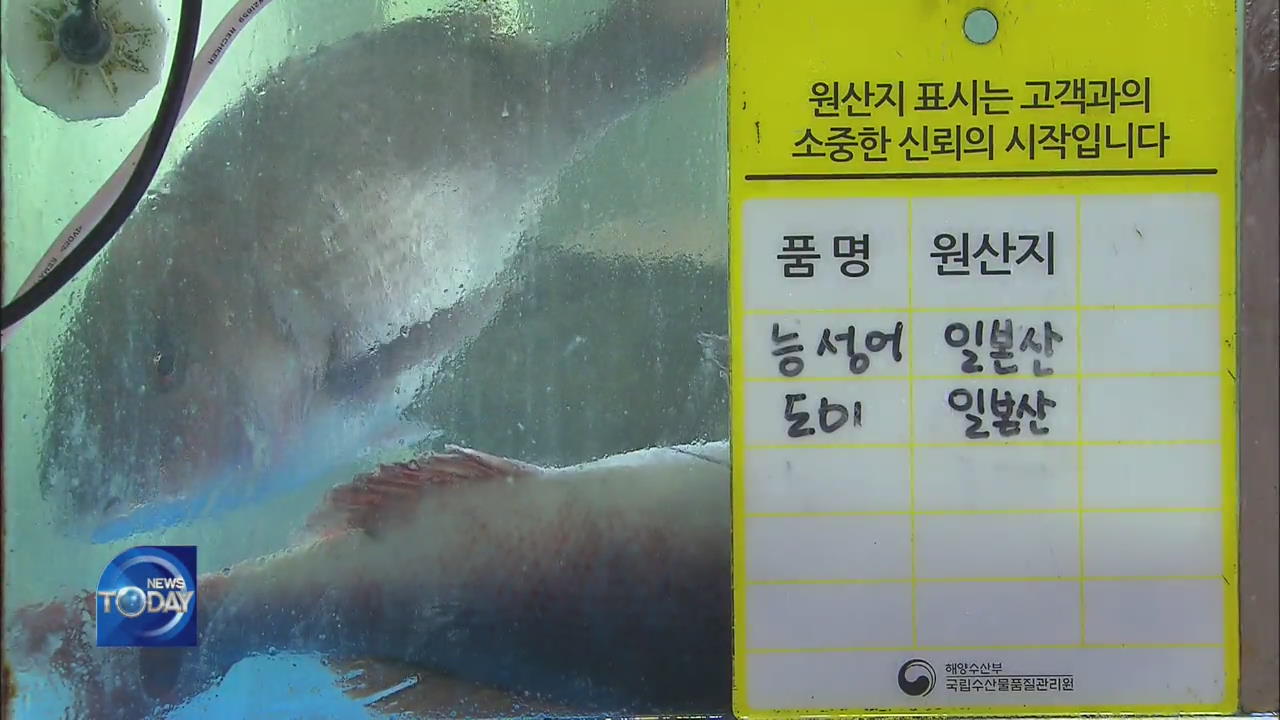
[Anchor Lead]
As concerns over radioactive contamination in Japanese seafood continue to rise, the Seoul City government has decided to step up inspections. All Japanese food products imported to Korea will be subject to an intensive one-month crackdown, and the results will be posted on the internet.
[Pkg]
This fish market is where all kinds of fresh seafood are brought for sale every morning. Japanese fisheries such as sea beams and scallops can be easily spotted here. They used to be in high demand thanks to their chewy texture, but since the nuclear disaster in Fukushima, Japan, their sales have plummeted notably.
[Soundbite] KIM CHUN-BEOM(VENDOR AT NORYANGJIN FISH MARKET) : "It's less than half of what it used to be. Since the nuclear disaster in Japan, sales of Japanese products have been on the decline."
Concerns over radiation in Japanese food imports escalated further when some began to point out that contaminated seawater from Fukushima might be discharged into the ocean. The Seoul City government has decided to intensify crackdowns on Japanese food. Conducted by all Seoul City inspection officials, the one-month crackdown will target 160 items imported from Japan including fresh fish and even snacks made with Japanese ingredients.
[Soundbite] PARK KYUNG-OH(SEOUL CITY GOVERNMENT) : "We usually inspect food imports regardless of the country of origin. But this time we will only inspect Japanese imports."
The inspectors will collect Japanese food products available on the market to check thoroughly how much iodine and cesium they contain.
[Soundbite] KIM OK-HEE(SEOUL METROPOLITAN GOVERNMENT RESEARCH INSTITUTE OF PUBLIC HEALTH) : "If even slight amounts of radioactive substances are found, we re-inspect the items in question."
The results of the inspections will be immediately posted on the Seoul City government's web site. If a large number of items are found to contain radioactive substances, Seoul City will extend the period of inspections and request the Ministry of Food and Drug Safety to impose import restrictions.
As concerns over radioactive contamination in Japanese seafood continue to rise, the Seoul City government has decided to step up inspections. All Japanese food products imported to Korea will be subject to an intensive one-month crackdown, and the results will be posted on the internet.
[Pkg]
This fish market is where all kinds of fresh seafood are brought for sale every morning. Japanese fisheries such as sea beams and scallops can be easily spotted here. They used to be in high demand thanks to their chewy texture, but since the nuclear disaster in Fukushima, Japan, their sales have plummeted notably.
[Soundbite] KIM CHUN-BEOM(VENDOR AT NORYANGJIN FISH MARKET) : "It's less than half of what it used to be. Since the nuclear disaster in Japan, sales of Japanese products have been on the decline."
Concerns over radiation in Japanese food imports escalated further when some began to point out that contaminated seawater from Fukushima might be discharged into the ocean. The Seoul City government has decided to intensify crackdowns on Japanese food. Conducted by all Seoul City inspection officials, the one-month crackdown will target 160 items imported from Japan including fresh fish and even snacks made with Japanese ingredients.
[Soundbite] PARK KYUNG-OH(SEOUL CITY GOVERNMENT) : "We usually inspect food imports regardless of the country of origin. But this time we will only inspect Japanese imports."
The inspectors will collect Japanese food products available on the market to check thoroughly how much iodine and cesium they contain.
[Soundbite] KIM OK-HEE(SEOUL METROPOLITAN GOVERNMENT RESEARCH INSTITUTE OF PUBLIC HEALTH) : "If even slight amounts of radioactive substances are found, we re-inspect the items in question."
The results of the inspections will be immediately posted on the Seoul City government's web site. If a large number of items are found to contain radioactive substances, Seoul City will extend the period of inspections and request the Ministry of Food and Drug Safety to impose import restrictions.
이 기사가 좋으셨다면
-
좋아요
0
-
응원해요
0
-
후속 원해요
0










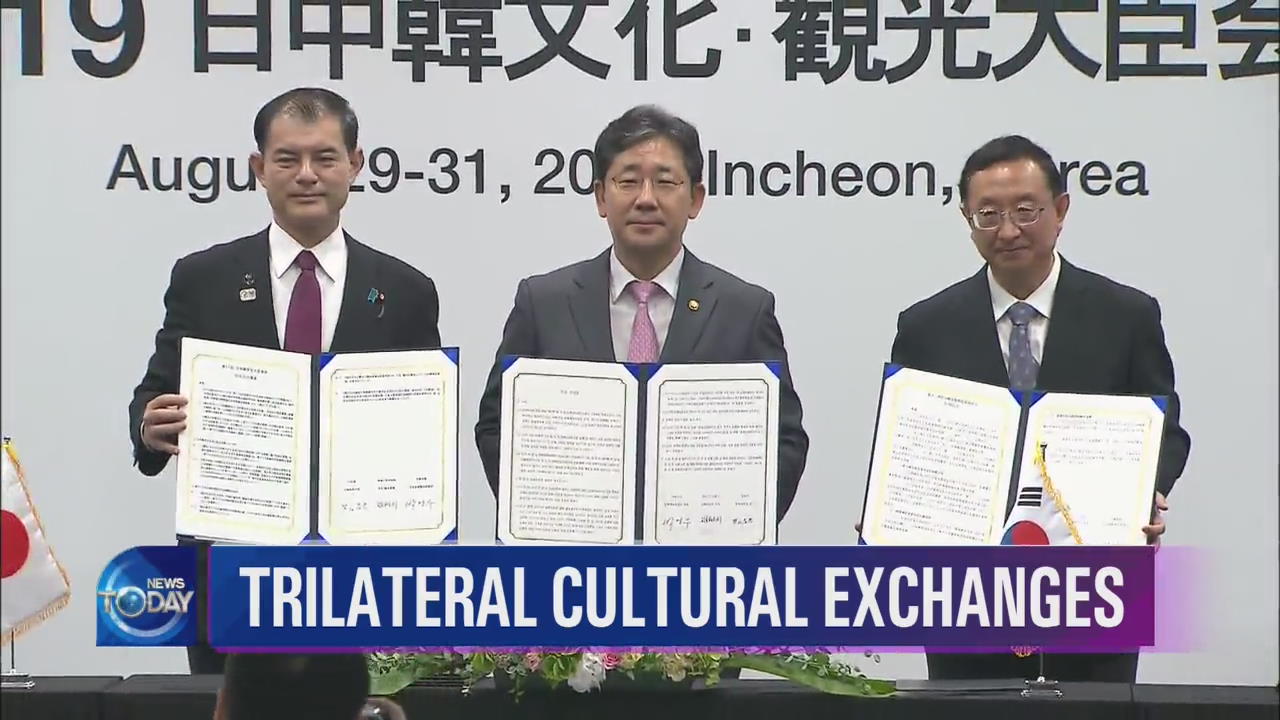
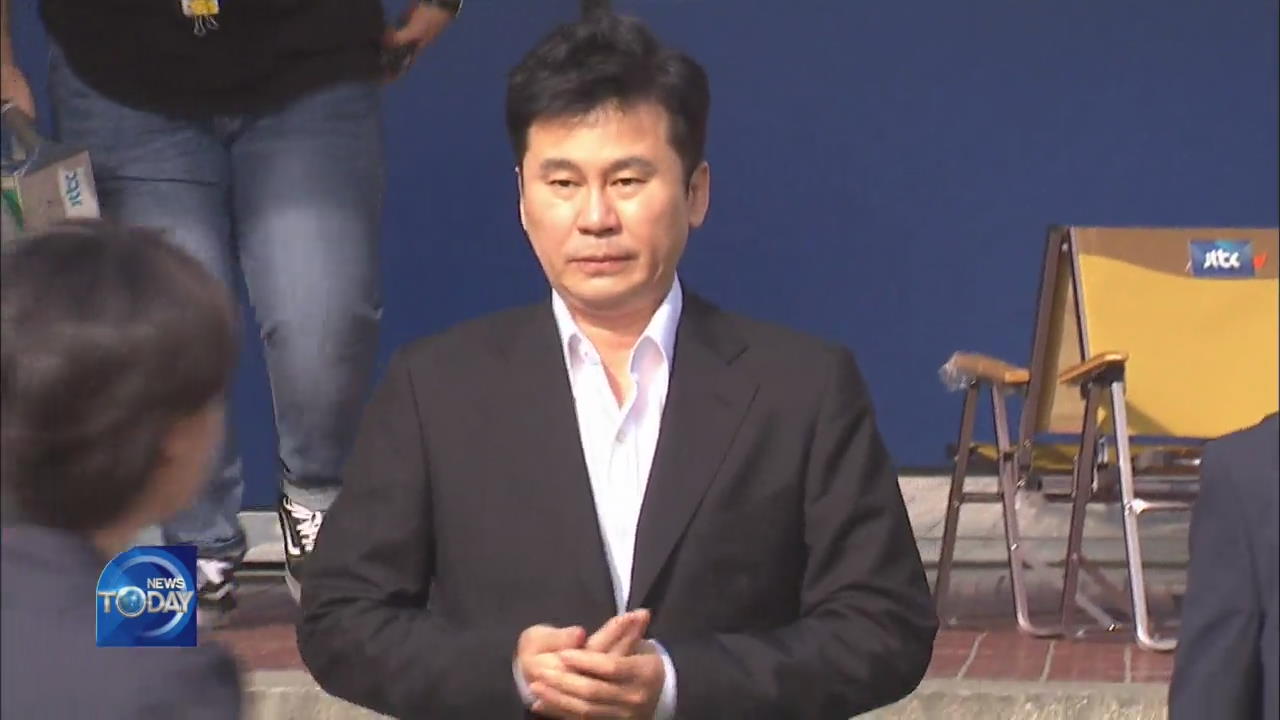
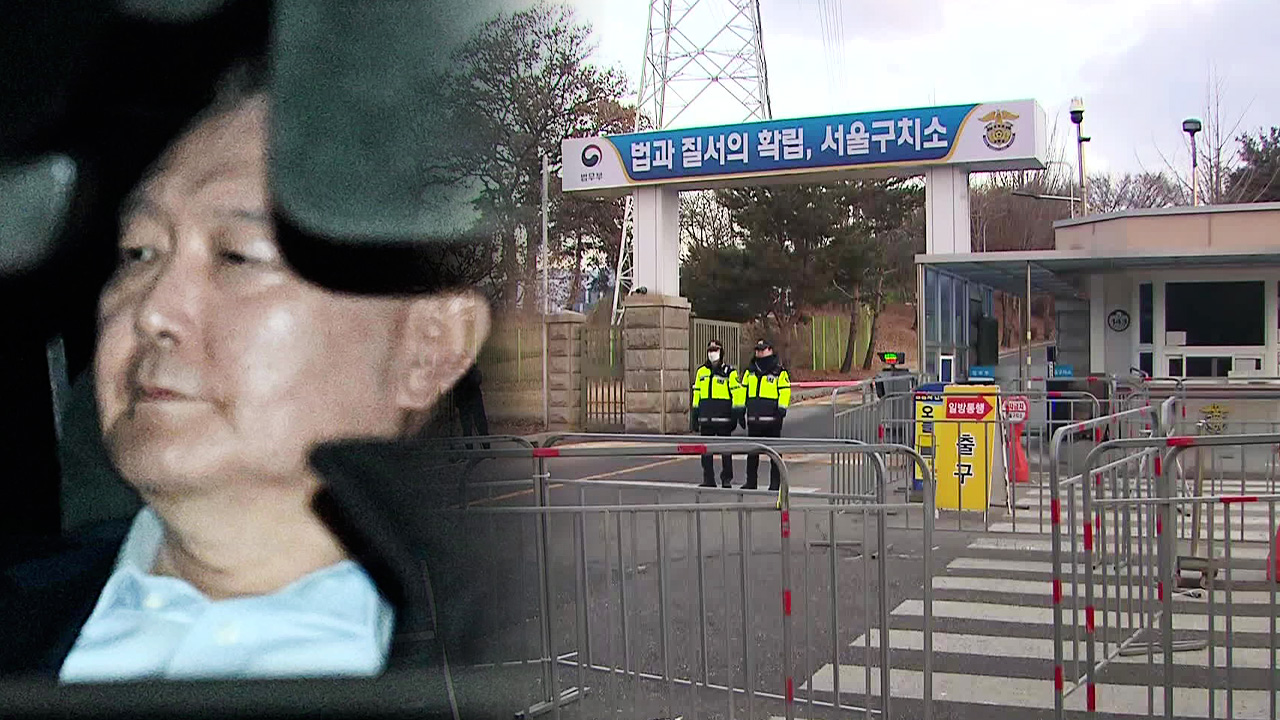
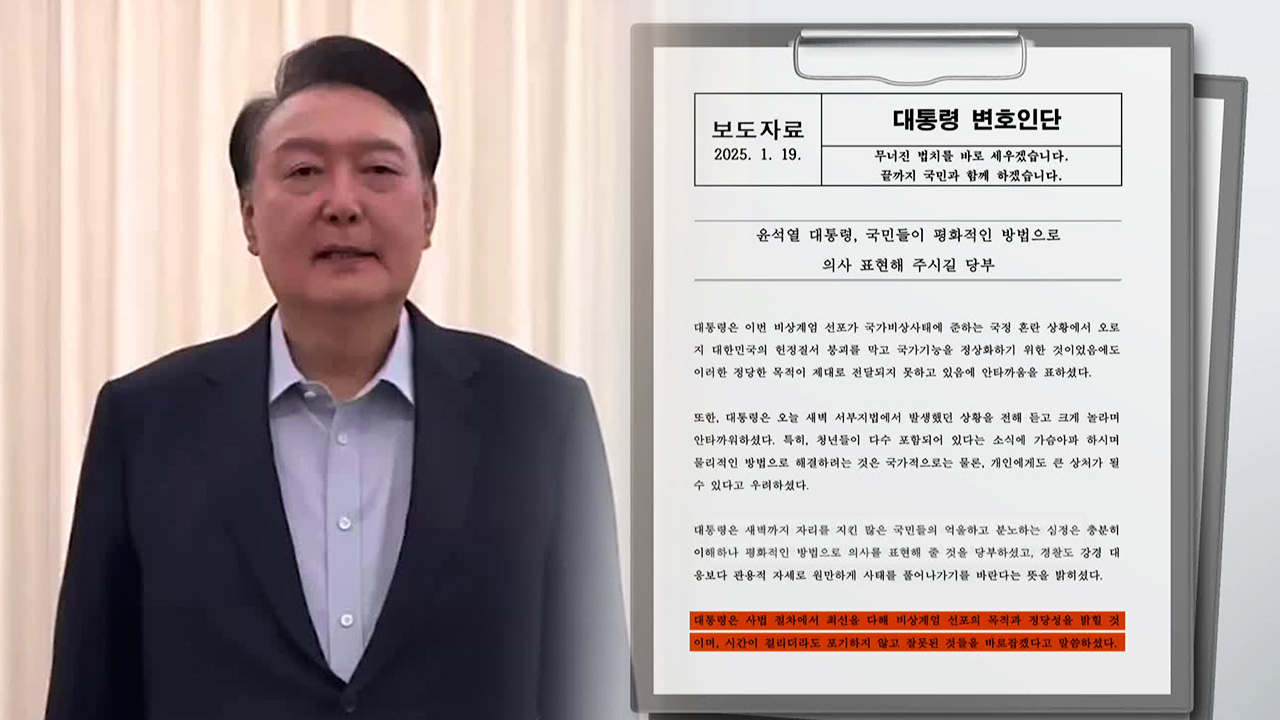
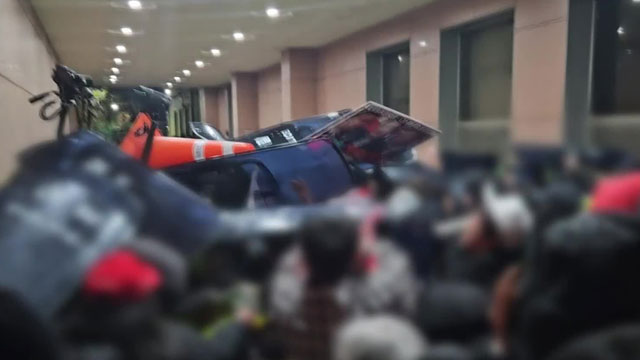
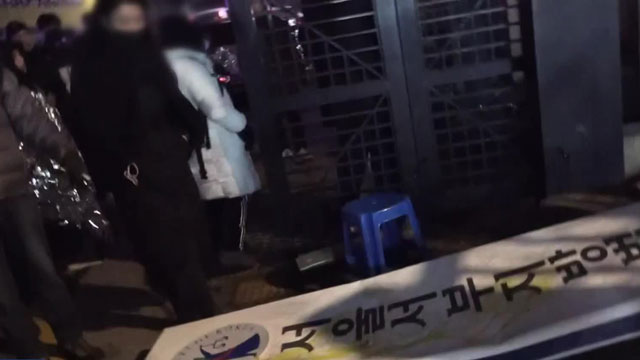

이 기사에 대한 의견을 남겨주세요.